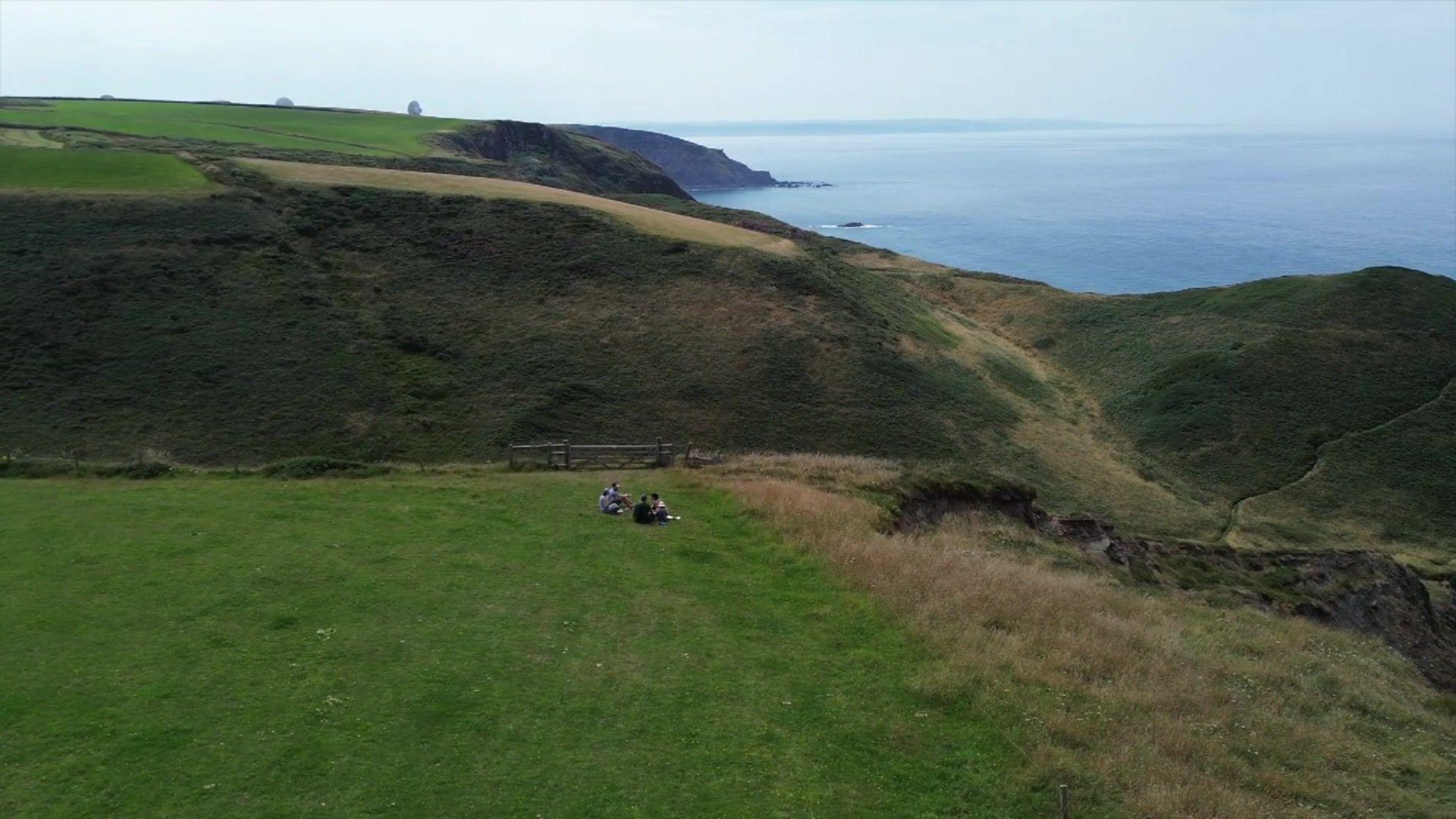Prescribing nature can improve happiness - study

Green social prescribing means people can be referred by a GP or social worker to engage in nature-based activities
- Published
Prescribing nature can help to improve happiness and reduce anxiety, a study by researchers at the University of Exeter has found.
In total, 8,339 people with mental health needs took part in the study, engaging in nature-based activities - such as conservation, horticulture, gardening and exercise - at seven project test pilots across England.
Green social prescribing means people with mental health issues can be referred by a GP or social worker to engage in nature-based activities.
Other activities prescribed as part of the study included talking therapies in the outdoors, care farming and sports.
'Just the beginning'
According to the report, before the nature-based activities participants' happiness, anxiety and life satisfaction were worse than national averages.
Participants said afterwards that they felt "joyful", "happy" and "calm".
Prof Ruth Garside, of the European Centre for Environment and Human Health at the University of Exeter, said the findings showed that green social prescribing was an "effective way of supporting people".
She added: "This is just the beginning and further government investment is now supporting the leadership and systems change that we know green social prescribing needs to be successful.
"However, there must be an ongoing commitment from policymakers to understand the needs of communities and enable more diverse people to connect with nature, alongside investment in those organisations that provide nature-based activities."
The report by the university in partnership with the University of Sheffield, Sheffield Hallam University and the University of Plymouth was published on Wednesday for the Department for Environment, Food and Rural Affairs (Defra).
Follow BBC Devon on X (formerly Twitter), external, Facebook, external and Instagram, external. Send your story ideas to spotlight@bbc.co.uk, external.
Related topics
- Published20 June 2024

- Published3 March 2021
